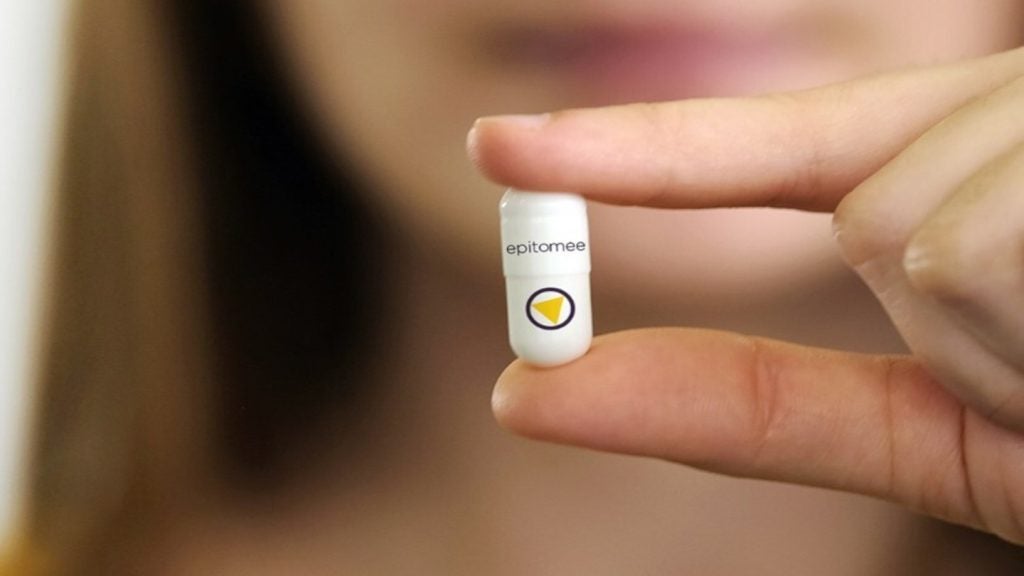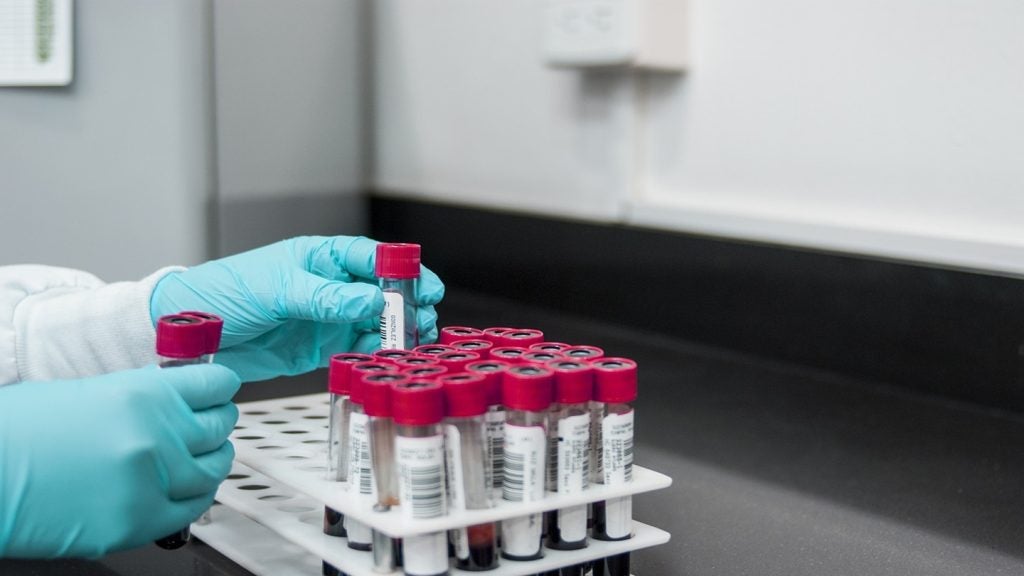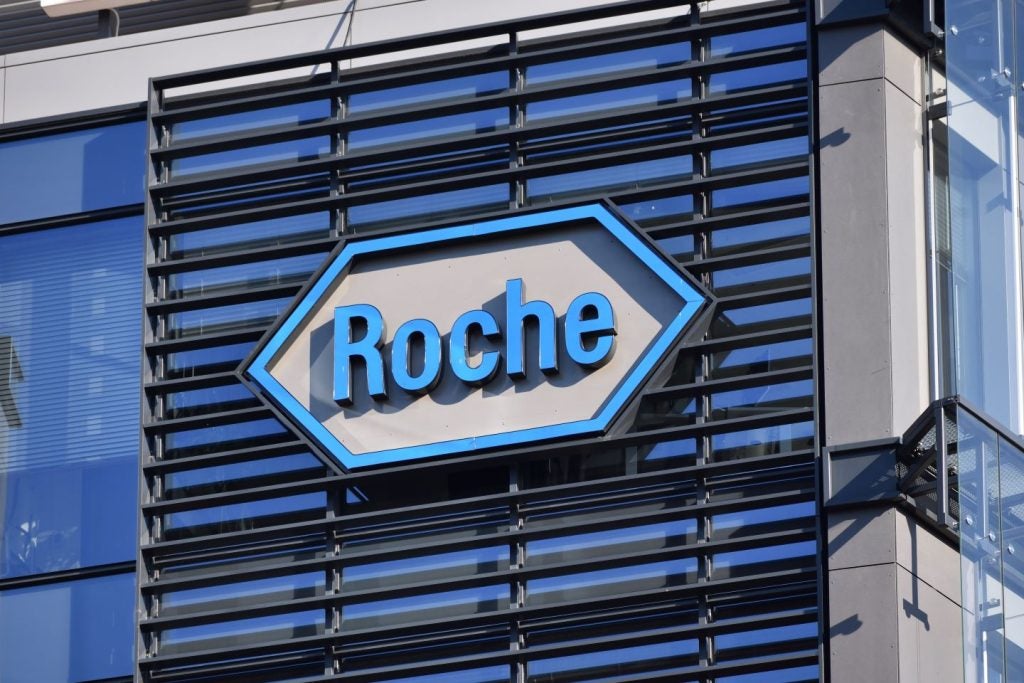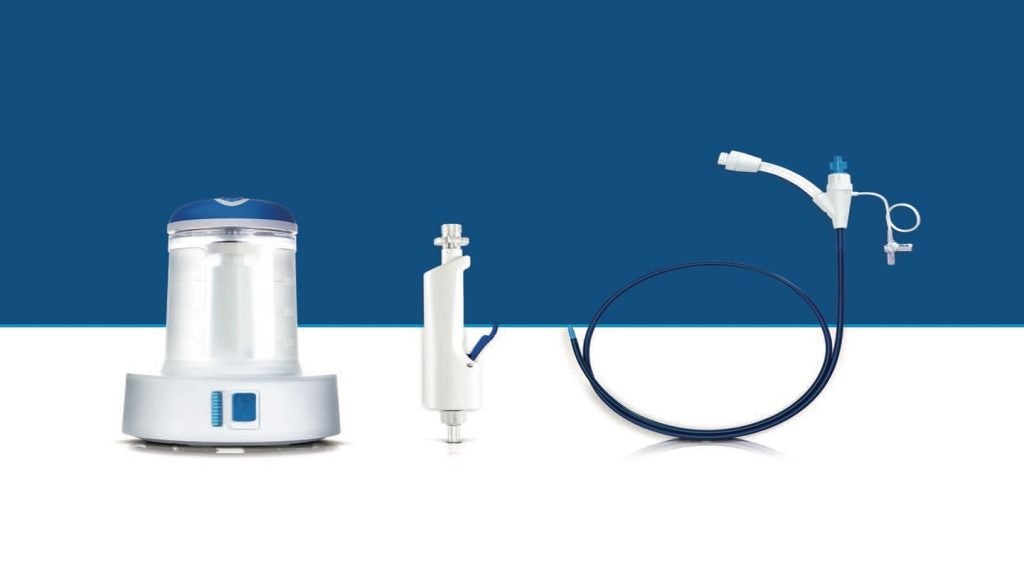US diagnostic company Exact Sciences has announced its blood-based colorectal cancer (CRC) screening test algorithm showed a sensitivity of 88% for colorectal cancer and 31% for advanced precancerous lesions at 90% specificity.
Taking to the stage for the 2024 European Society for Medical Oncology (ESMO) Meeting in Barcelona, Spain, Exact Sciences said the study sought to simulate the screening population to predict the real-world, prospective performance of the test.
The study used more than 3,000 blood samples, including approximately 2,900 blinded prospectively collected samples from the company’s pivotal BLUE-C study of its Cologuard Plus system which included more than 20,000 participants.
The company said that the results show the potential of a novel, highly discriminate blood-based panel of methylated DNA markers in detecting advanced precancerous lesions and cancers while maintaining a low-cost profile, with the company confirming that it is now pushing ahead in seeking a US Food and Drug Administration (FDA) submission.
Paul Limburg, chief medical officer for screening at Exact Sciences, said: “A blood-based colorectal cancer screening test that can detect advanced precancerous lesions at a level comparable to the FIT test would be a breakthrough in this field.
“Results from this large, well-designed study show progress toward that goal and move us one step closer toward providing average-risk patients with another non-invasive screening option.”
Exact Sciences plans to unveil the results of its BLUE-C study by the first half of 2025. Alongside its screening algorithm, the company similarly announced results from its ASCEND 2 study assessing the organ-specific performance of methylation and protein biomarkers. These results saw an overall sensitivity of 54.8% with 98.5% specificity in cancers without standard-of-care screening options (excluding lung) and 63.7%.
Exact Sciences chairman and CEO Kevin Conroy said: “We took a unique scientific approach to develop this test by combining a novel panel of markers. This led to data that improve upon what we previously thought was possible with a blood-based colorectal cancer screening test.”
Elsewhere at ESMO 2024, Natera has released new data from the GALAXY arm of its ongoing CIRCULATE-Japan trial showing the efficacy of its molecular residual disease detection test.
















